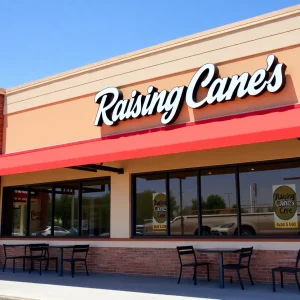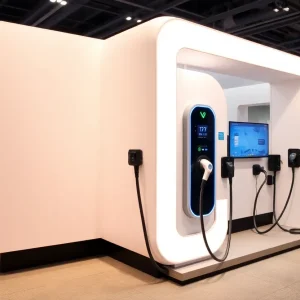Trump’s Boost from RFK Jr’s Exit Plan Stalls in Michigan, North Carolina, Wisconsin
In an unexpected twist in the 2024 US Presidential race, the political strategy devised by former independent candidate, Robert F. Kennedy Jr., to boost the chances of the Republican nominee, Donald Trump, in swing states, appears to be stumbling in Michigan, North Carolina, and Wisconsin.
Despite his decision in August to suspend his independent campaign and align himself with Trump, Kennedy’s plan to withdraw from the ballot in specific swing states has hit multiple roadblocks. The intended move, based on polling data that suggested Trump would benefit in a one-on-one faceoff with the current Vice President, Kamala Harris, has yet to be ratified in the mentioned states.
Failed Withdrawal Efforts Pose Obstacle for Trump
Efforts to remove Kennedy’s name from the election ballot within these three pivotal states have remained unsuccessful, pushing a roadblock in Trump’s tour-de-force in these regions. In line with rules pertaining to minor-party candidates, withdrawal isn’t an option in Michigan. After challenging the state’s decision, the Michigan Court of Claims rejected Kennedy’s plea. Similarly, Wisconsin’s Elections Commission and North Carolina’s State Board of Elections have resolved to retain Kennedy on the ballot, a decision he vehemently contested via lawsuits.
The resulting deadlock could potentially impede the electoral advantage expected from Kennedy’s exit, thereby truncating the electoral boost that Trump could have received in these states. With Kennedy remaining on the banner, the Trump-Kennedy coalition’s hope for a surge in support within these states seems increasingly unlikely.
How Does This Influence Trump’s Nationwide Run?
Besides North Carolina, Wisconsin, and Michigan, poll data has exhibited the benefits of a two-way Harris-Trump face-off, devoid of Kennedy, in just two swing states: Arizona and Pennsylvania. However, the situation is flipped in Nevada and Georgia, where the polling data suggest Trump’s lead gets diminished when the number of candidates drops down to two.
While Kennedy’s withdrawal could be beneficial for Trump in Arizona and Pennsylvania, the adverse implications in Michigan, North Carolina, and Wisconsin, along with Nevada and Georgia, have the potential to counterbalance those gains. It means that the strategy of a prospective Trump-Kennedy partnership will likely remain indecisive.
Trump and Kennedy: Seeking to Sway the Undecided
Despite the evident obstacles, Kennedy’s endorsement could still provide an advantage to Trump in alternative ways. During his independent campaign, Kennedy had managed to gain influential momentum among the undecided electorate dissatisfied with the mainstream two-party candidates. It’s predicted that Kennedy’s endorsement might resonate with these voters, thereby boosting Trump’s appeal.
With just 63 days left until Election Day, the current national polling average depicts a close race with Harris slightly leading Trump with 48.1% to 46.2%, respectively. This tight electoral face-off signifies the enormous potential of even a slight sway in the voter’s preferences, making the situation increasingly unpredictable and interesting.




























